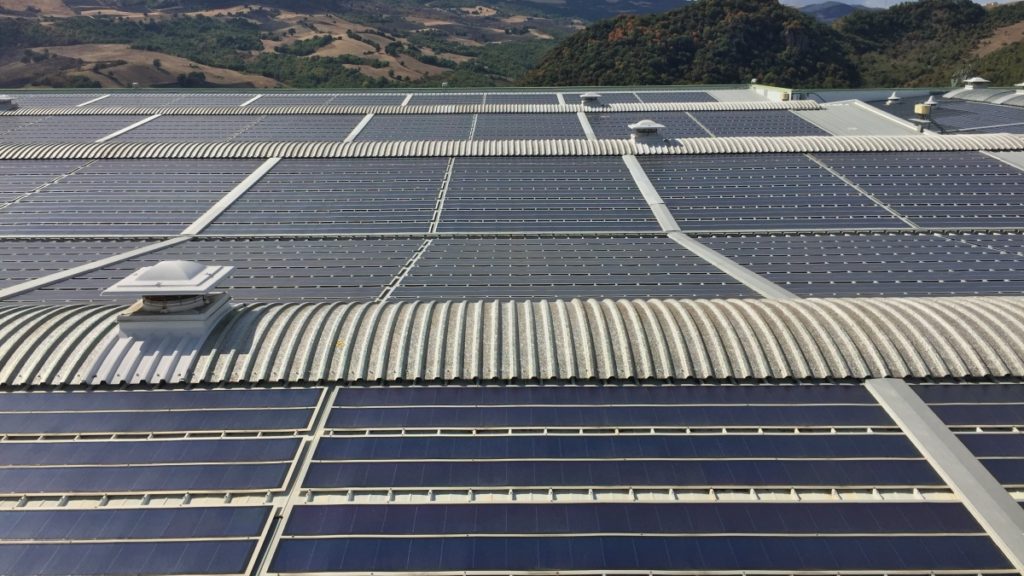
The European Commission (EC) has published new recommendations to encourage the faster permitting and installation of new renewable power projects within the EU, as the bloc looks to further decarbonise its energy mix.
The recommendations include a number of new practices for energy infrastructure, including speeding up the permit-granting process, and fast-tracking the approval of projects to be built in areas where the project is unlikely to do significant environmental damage. The EC has also called for auctions to be “more harmonised and efficient,” to better attract new investment to the European power space, and for community-owned renewable projects to be offered access to simplified permitting processes, to speed up the commissioning of such projects.
Try Premium for just $1
- Full premium access for the first month at only $1
- Converts to an annual rate after 30 days unless cancelled
- Cancel anytime during the trial period
Premium Benefits
- Expert industry analysis and interviews
- Digital access to PV Tech Power journal
- Exclusive event discounts
Or get the full Premium subscription right away
Or continue reading this article for free
While the recommendations pertain to renewables as a whole, there are a number of significant implications for the solar sector in particular. One recommendation is to allow project applicants to “update the technology specifications of their projects,” as new technology becomes available, which is particularly relevant in the solar sector, where researchers are setting new conversion efficiency records on a regular basis.
The EC’s guidance also includes “simplified permit-granting procedures” for small-scale renewables and renewable prosumers, which could help accelerate the adoption of distributed solar power across the continent. According to trade body SolarPower Europe, the distributed sector accounted for 66% of European solar capacity in 2023, up from 60% the year before.
“The acceleration of permitting, and the involvement of local communities, are two prerequisites to reach our REPowerEU targets,” said Walburga Hemetsberger, SolarPower Europe CEO.
“It is therefore good to see the Commission recommendation for prioritising renewables and infrastructure in permitting, while reinforcing citizens’ engagement. The Commission is also providing much-needed guidance on mapping and acceleration areas, which aligns well with SolarPower Europe’s Guidance on the topic.”
This could be particularly significant, as SolarPower Europe’s latest figures suggest this growth may not continue. In its EU Market Outlook 2023-2027, the trade body notes that the residential sector has contracted in a number of leading markets, such as Spain, which saw residential capacity peak at close to 3GW in 2022, but new installations shrink by 15% the following year.
Similarly, Italy, where SolarPower Europe has said residential solar played a “crucial role” in the sector, has sought to scale back its Superbonus scheme that offered citizens a tax credit of as high as 110% for installing solar on their homes, among other domestic renovations. The easing back of legislative support schemes such as these could be somewhat offset by new continent-level policy recommendations made by the EC.
“Today’s guidance from the Commission will help member states to accelerate the deployment of renewables,” said Kadri Simson, European commissioner for energy. “As we approach two years since the adoption of the REPowerEU Plan, it is important to give this extra boost to homegrown clean energy sources, to allow us to replace even more Russian fossil fuels.”
The news follows the publication of data from solar trading platform sun.store, which found that both solar module prices, and demand for new panels, had fallen since February across Europe.






